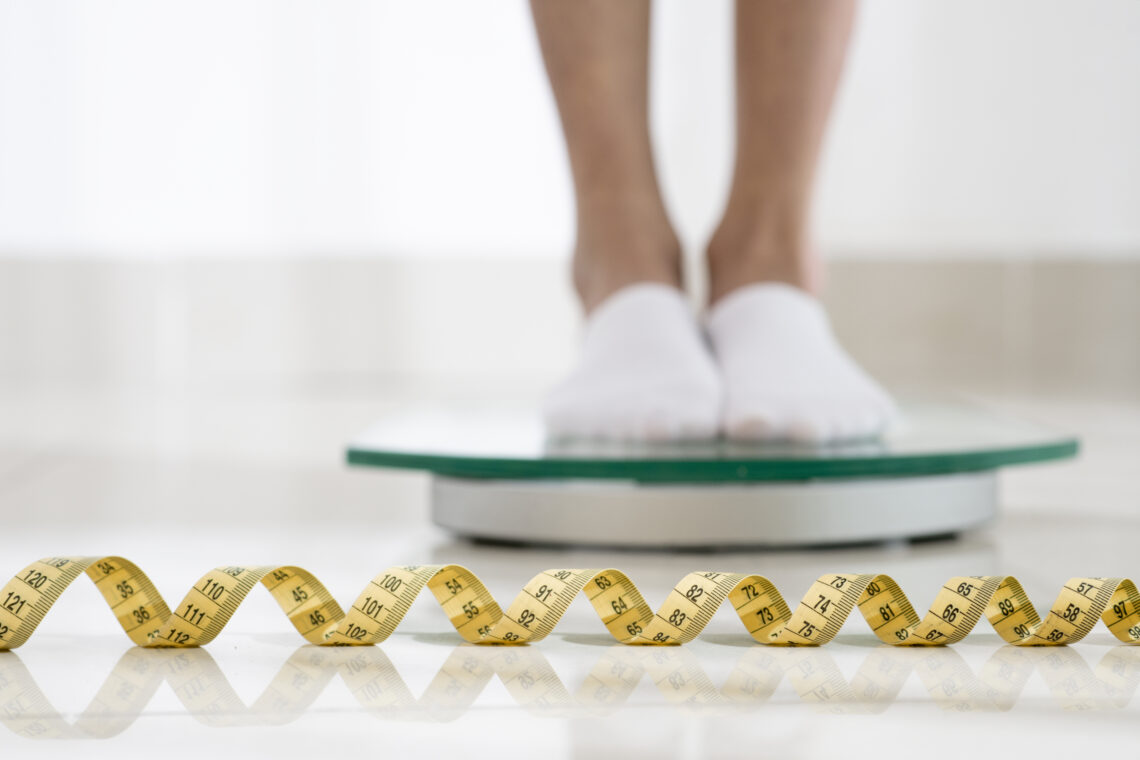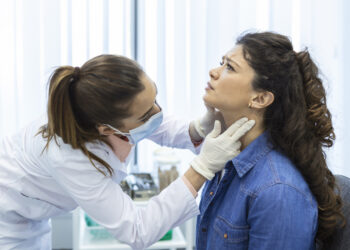Obesity is linked to an increased risk of various health issues, including cancer, but does the timing of weight gain make a difference? A recent study suggests that women should pay extra attention to weight gain after the age of 35, as it could significantly impact their risk of developing breast cancer.
The latest study published in Cancer Biology & Medicine suggests that the relationship between changes in body mass index (BMI) changes and cancer risk is quite complex. Researchers found that weight gain during key hormonal transitions, such as after age 35, can significantly influence breast cancer susceptibility. The results suggest how managing weight during this critical period could play a pivotal role in reducing breast cancer risk.
“Our research points to the critical period after age 35 as a potential window for weight management interventions aimed at breast cancer prevention. By addressing weight gain during mid-adulthood, we may be able to significantly reduce breast cancer risk and shift how we approach cancer prevention strategies for women,” said Dr. Daehee Kang, the study’s lead investigator in a news release.
To understand how weight changes throughout an adult’s life cycle affect breast cancer risk, particularly during the menopausal transition, researchers tracked the weight changes of approximately 73,000 Korean women across five distinct life stages.
Women who gained more than 10 kg after age 35 had a 41% higher risk of developing breast cancer. Among premenopausal women, those who gained 5 to 9.9 kg during this time had an 89% higher risk, while those gaining 10 kg or more faced more than twice the risk. The study also revealed a V-shaped relationship between the rate of weight gain and breast cancer risk, with the greatest risk seen in women who gained 0.25 to 0.49 kg per year.
“The implications of these findings extend far beyond academic research. Identifying post-35 weight gain as a key risk factor offers new opportunities to…
Read the full article here







